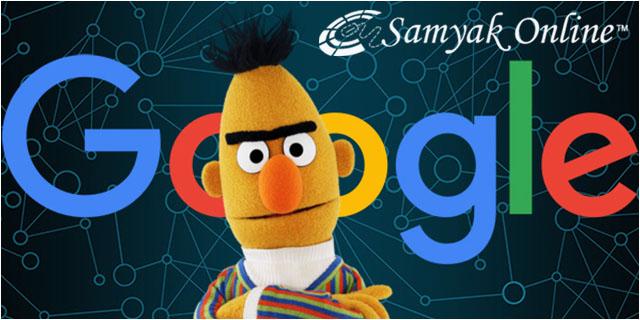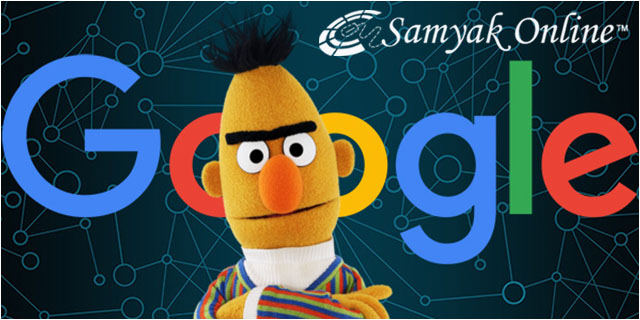BERT: The New Algorithm Update the Biggest After Rankbrain
Last Updated on July 14, 2021 by Subhash Jain

Why So Much Emphasis on BERT:

Some brands may experience impact on their organic visibility and traffic. It helps the Google to interpret the intent of search query better and to deliver precise results as desired by the users. BERT brings more perfection to Google in understanding the commonly used natural language by the users. Also, the machine learning advancement powered by Artificial Intelligence (AI) innovation efforts. BERT processes the words in the relation to other words of the sentence.

BERT trains the language models according to the set of words in a search query or sentence or rather than training the Language in traditional way of ordered sequence of words. It allows the language model to interpret the word context in relevance to surrounding words instead of just the preceding words. For example, in the sentences ‘I operated the bank account, and ‘I visited river bank’, BERT will help Google to interpret the meaning/context of word ‘Bank’ with relevance to words like ‘operated the —account ’ and ‘visited river’.
Traditional NLP algorithm looks at the content before OR after the word to understand the additional context with query word. BERT makes it different; as, it looks at the content before and after the query word with relevancy. BERT is critical enhancement for NLP designed to interpret human communication that is naturally complex and layered.
How Should I optimize my Content for BERT?
There is nothing specific to optimize for retaining the existing ranking after BERT. BERT also supports the Google’s intent to serve the users by delivering the best fine- tuned results.
BERT is designed to interpret the intent of user, therefore, you are required to keep the content focused and precise to a specific users’ interest. Now, the SEO copywriters and content developers may be less concerned for writing for the AI machines; instead, great quality content should be generated only for the ‘users’. The approach: “Don’t create the content specially for BERT; instead, be special for your ‘target audience’.’
[wp-faq-schema title=”Google Update BERT FAQs” accordion=1]



Leave a Reply
Want to join the discussion?Feel free to contribute!